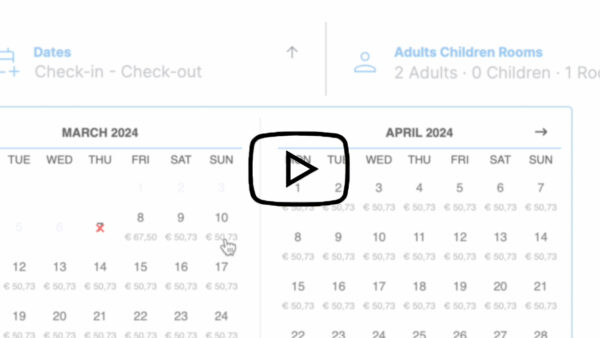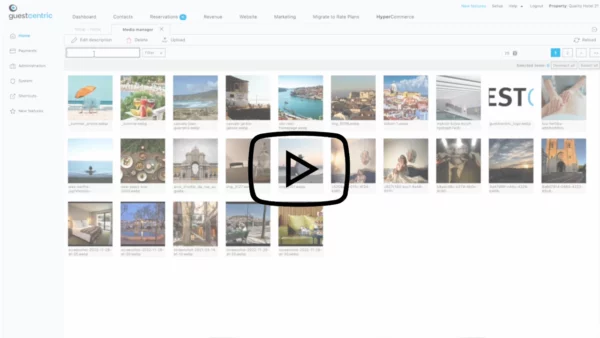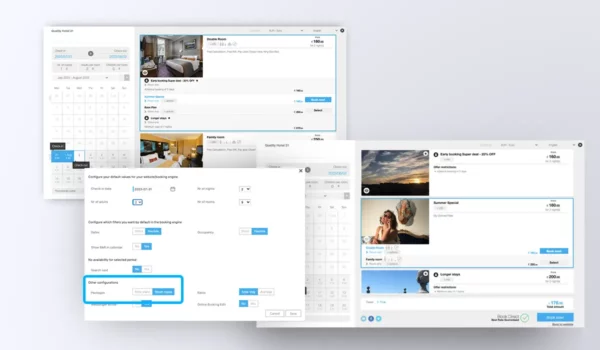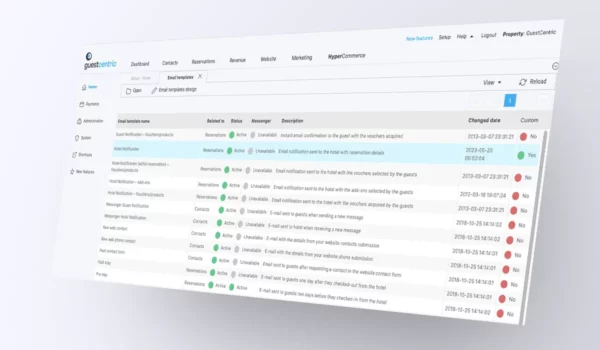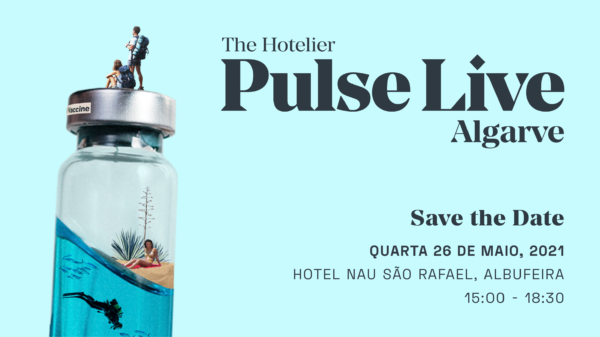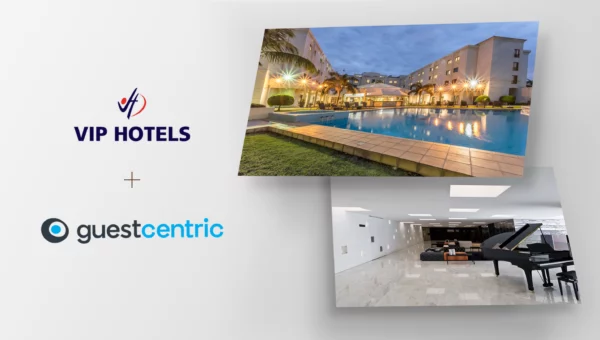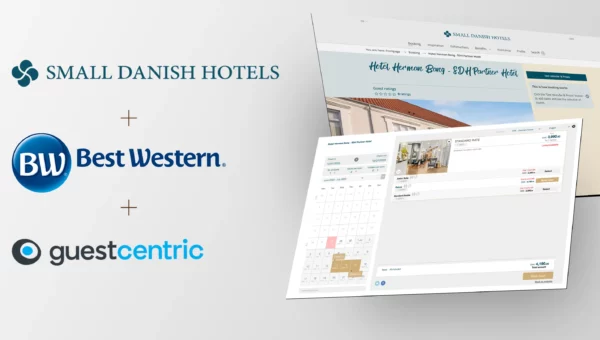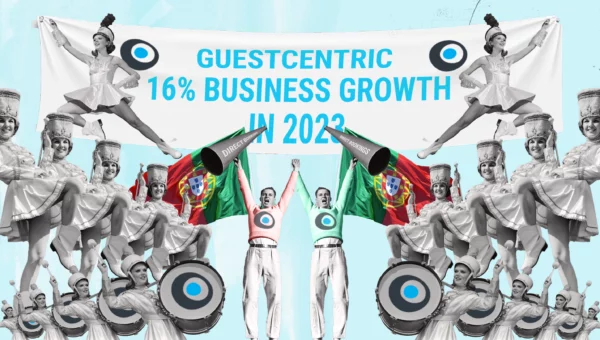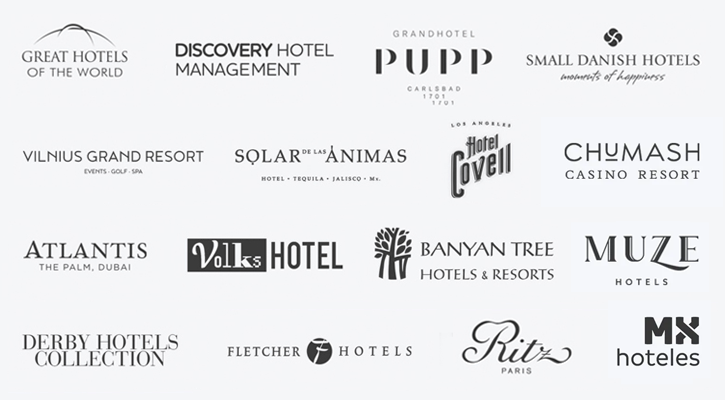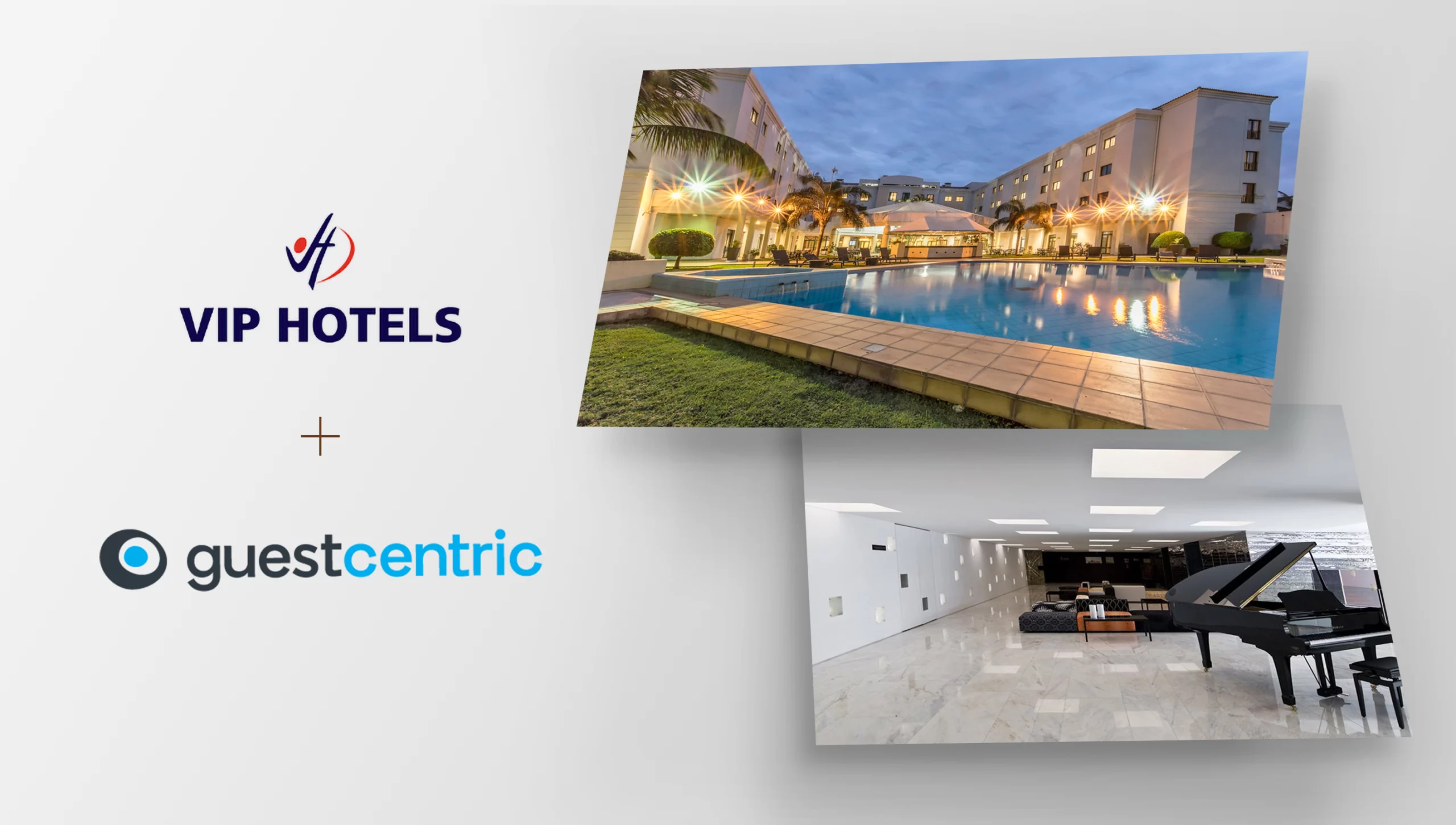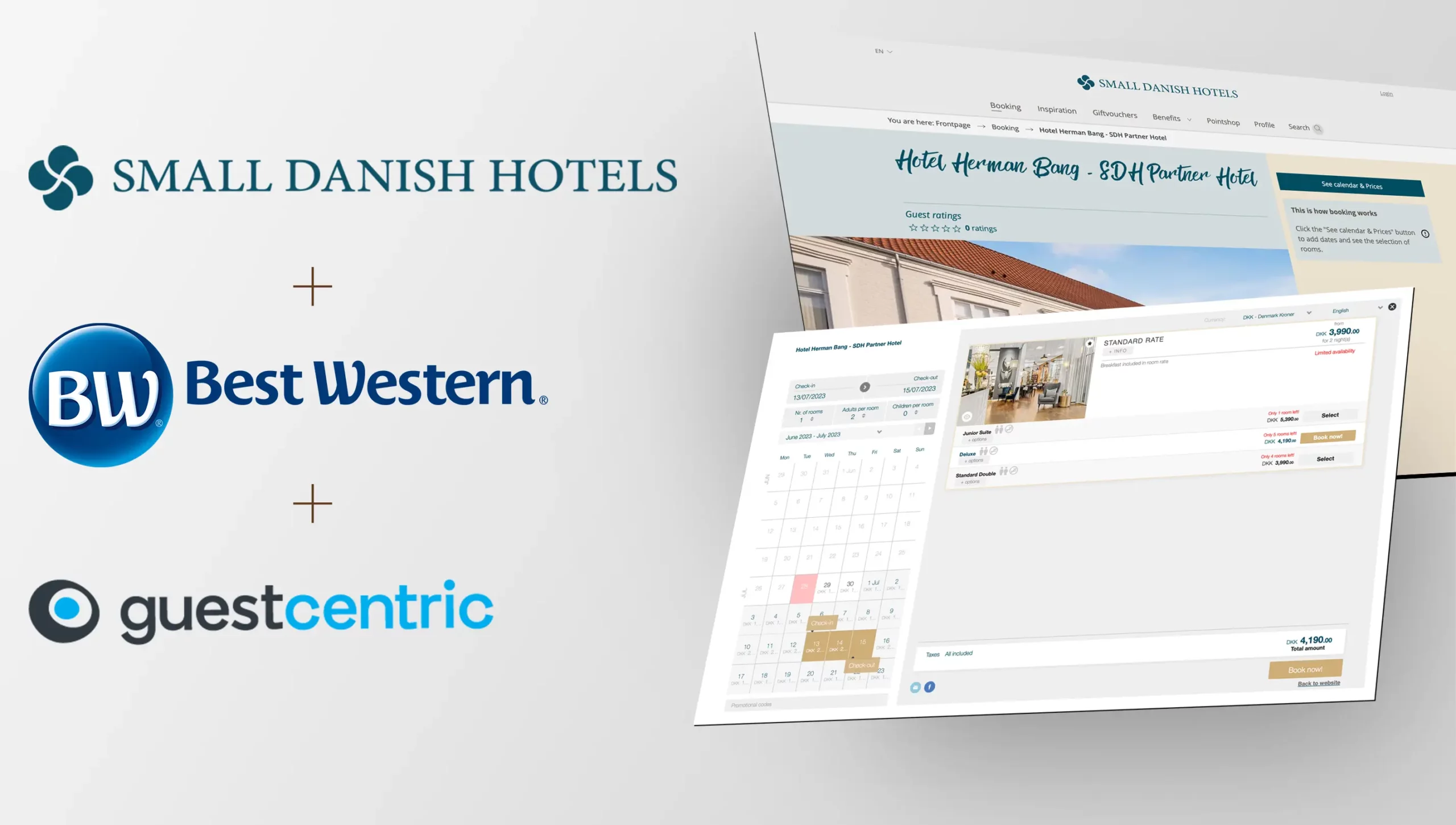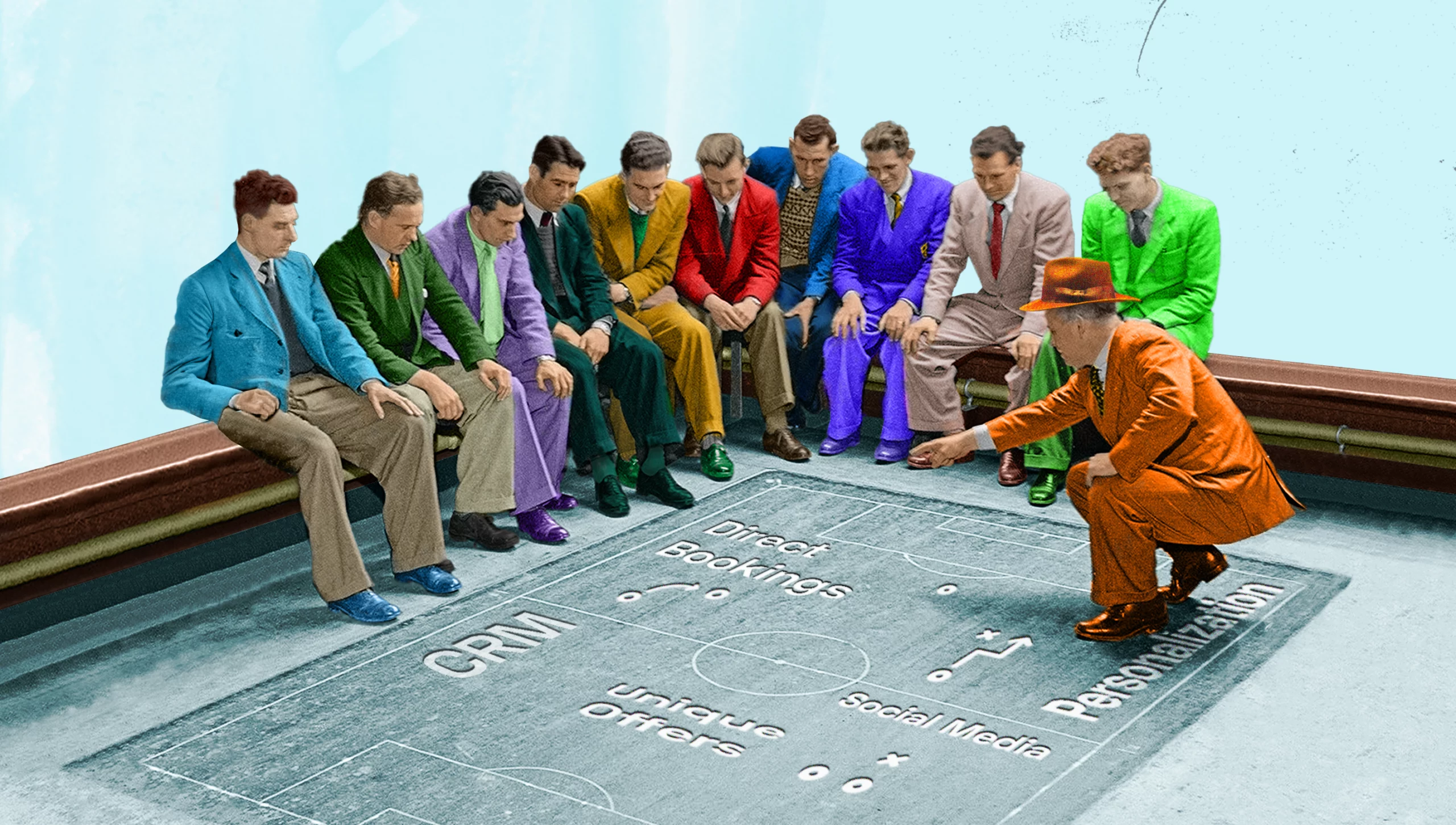3 Hotel Website Tips to Get More Direct Bookings in Summer 2022
Reading Time: 7 minutesSummer 2022 is here and everyone is eager to enjoy the full experience of the season, which is excellent news for recovering hotels worldwide. Yet OTAs, following a dormant period, have grown astronomically since restrictions eased and travel resumed with a vengeance in 2022.
After two years of disruptions and poor customer experiences with OTAs, most guests will still reach out to hotels directly prior to booking. As travel continues to be disrupted due to factors such as staff shortages and airline capacity, now, more than ever, consumers only want to engage with businesses they can trust to deliver the best value for money. So why is the direct channel starting to decline, just when market conditions have improved?
To answer this question, you need to review your primary direct channel – your hotel website. What does it say about your business – and does it inspire and lead guests to book? In this article, we answer these questions and share 3 hotel website tips to help you get more direct bookings this summer.
3 Hotel Website Tips to Get More Direct Bookings in Summer 2022
Your hotel website is the first point of call for guests to understand more about what they can expect from your hotel and the destination. You need to ensure that it can convert online visitors into bookers, meaning more direct business – right now, this summer. The first step is to use the visual power of your website to make guests dream about visiting your hotel:
1. Use your Hotel’s Emotional Strengths to Appeal to Guests
We all know that OTAs offer visitors the convenience of a massive choice of hotels and sophisticated apps. From mobile-only offers to Google Hotel Ads and heavy discounts for loyal guests at the expense of the hotels themselves, OTAs have endless flashy tricks and gimmicks to win bookings.
Many independent hotels frantically and mistakenly try to do the same – and fail, because they simply cannot compete on price and scale. But they can compete with their own website and the emotional impact of their unique branding, photos, and video on the guests’ decision-making process.
A survey by HospitalityNet concludes the decision to book is 60% emotional and 40% rational. Pictures are not only worth a thousand words, but inspire an emotional reaction in guests that will either drive them to book or abandon your hotel website.
The question below is key to evaluating the visual impact of your hotel website on your guests’ emotions.
What does your Hotel Website Design tell Guests about your Business this Summer?
According to research by Fuel, photos and video are the number 1 factors that drive guests to book. Put yourself in the position of the guest booking a stay online. What would really convince you to book? Would you quickly opt for a Booking.com listing because of the knock-off price? Or, would you book a room after seeing the look and feel of the hotel directly on their website? The two images below can help you answer this question:
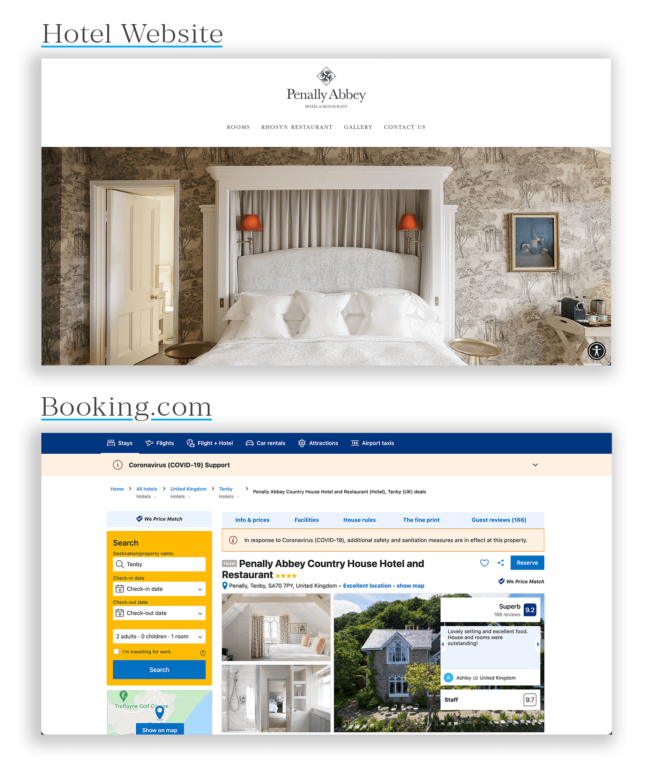
Hoteliers who visually convey their hotel’s unique look and feel, personality, and brand via the hotel website, are more likely to appeal to the emotions of their guests. And because guest decision-making is strongly driven by emotion, these independent hotels also get more direct bookings.
As we mentioned earlier, guests are craving the full summer experience, and the photos and videos on your hotel website should be tailored to respond to this demand. Do you have a pack of photos specifically to target the summer demand? If not, you should make this a priority in your hotel website strategy.
Video is also a powerful tool to help guests feel the essence of your hotel prior to booking. Do you cater to families who enjoy your shimmering swimming pool and children’s water park? Publish a video on your ‘Family Offers’ page. Are you collaborating with some of your guests’ favorite concerts and festivals this summer? Share a video that gets guests really excited to forget their worries and shake it out! In doing all of these things, know what your guests want and give it to them.
We’ve seen some of the smallest independent hotels and collections really play to their emotional strengths via the hotel website, leaving their 5-Star counterparts dumbfounded. Why do you think it is that small hotels are among some of the richest comp sets? The answer is simple, they know their guests and what emotionally drives them to book, and respond accordingly via their hotel website.
2. Which Brings us to our Next Point: Know what Your Guests Want & Guide their Booking Decisions
During the pandemic, direct channel bookings dominated all other channels and significantly contributed to hotel revenue during that period. Following an onslaught of cancellations and refund fiascos from OTAs, guests became less interested in ‘the cheap deal’ and instead valued direct contact with hotels. There was (and still is) an appetite to establish trust in the hotel’s ability to deliver ‘the best deal’ for the guest.
But with the summer 2022 travel boom on the horizon, OTAs are now on the brink of overtaking direct bookings. Why do you think that is? Guests are still reaching out to hotels, but is your hotel listening?
When it comes to knowing what guests like, independent hotels have a major advantage over the OTAs because they can observe first-hand what guests enjoy during their stay. In fact, the big giants such as Booking and Expedia send out long post-stay surveys to understand what guests want from hotels and improve their marketing. This means your hotel should have the lead in terms of understanding the guest, but if you do nothing about it, there’s no telling for how long you will have this advantage.
Although OTAs are ramping up their marketing efforts and dominating in terms of online visibility, you can still ensure your hotel website has the edge in converting online visitors into guests. One of the best ways for hotels to do this is to know what their guests want and use this information to communicate why guests should book direct.
After observing your guests and learning their likes and dislikes, we recommend you implement the following 4 steps on your hotel website:
1. Shape Offers around what Guests Want and Incentivise them to Book Direct
While you should always aim to have the best rates for those who book direct, that doesn’t necessarily mean you need to undercut the competition. Guests are willing to pay more if they are guaranteed an experience that fits their preferences. So above all, your hotel website messaging should resonate with the desires of your guests, and you can gather this information by observing guests first-hand during their stay.
Think about it, what do guests typically enjoy doing at your hotel over the summer? If you want to win direct bookings over the likes of major OTAs that offer an array of attractive packages and competitive rates, it is crucial that you know what your guests want and shout about how you can deliver these special offers across ALL areas of your website.
Whether guests value a discount on dining or a spa voucher, you should let them know they can expect these benefits from booking directly on your hotel website. Be sure to highlight your special offers across all areas of your hotel website: Home page scroll, special offers teasers, and descriptions, and booking engine loading area.
2. Communicate Accurate and Up-to-Date Information about Your Hotel and Destination
The ultimate reason people visit your website is to find accurate and up-to-date information about your hotel. After the past two years of poor communication from many travel businesses, nothing frustrates customers more than taking the time to familiarize themselves with information online, only to find out later down the line that said information was outdated, or worse still, completely invisible.
Apart from the obvious information such as your address and contact details, here is a quick checklist of information you should publish on your website:
- Is your breakfast buffet back on the menu? Or have you created a special ‘Breakfast on the Go’ special for guests? Make this information clear on your website.
- Is it no longer obligatory for guests to wear face masks in the common areas? Remove messaging that suggests otherwise on your website (Yes, some hotels still have this warning on their websites!)
- Do guests have to pre-book amenities during peak season? Give them the opportunity to do so online before they check-in.
- Do you have sustainability measures in place that also benefit your guests, such as a €10 bar voucher for reduced housekeeping? Let your guests know about it on your website.
- You are the Expert Concierge on your destination: over the last two years, what has changed, what is new, what is better? Think exciting new restaurants, visitor attractions and incredible local experiences. Update your guests – and your teams
- What’s on? Festivals, events and more: what can guests do in your destination this summer?
3. Maintain and Communicate Flexible Policies
Although the world is reopening post-covid, there is still some degree of travel disruptions due to staffing shortages and flight delays or disruptions, among other reasons. Therefore, flexibility will continue to be a key driver in the guest’s decision-making process this summer. It’s paramount that you reassure guests that your hotel is flexible to accommodate their needs.
Do you have a free cancellation policy under a specified timeframe? Make it visible on your website. Do you offer free late check-out during low seasons or at a cost determined with the guest? Clearly communicate this on your website and during the booking process.
4. Speak the Same Language as your Guests
During the pandemic, hotels pivoted their website language and messaging towards local travelers and domestic and leisure markets. But as more people book international leisure trips, it’s important that you ensure your website resonates with this segment. Once more, you need to know your hotel guests and what they want.
If your target international market comes from the US or UK, for example, reset your primary website language back to English so that it’s easier for them to learn more about your business. If you’re a city center hotel with close proximity to some of the most internationally-acclaimed concerts or festivals, highlight these activities on your website.
3. Most Importantly, make it as Easy as Possible for Guests to Book Direct
As with your hotel website, your booking engine should stimulate shopping behavior. Your best price, special offers, promotions, and shopping activation/recovery alerts all create a sense of urgency and inspire visitors to book.
In the age of abundant options, if you don’t deliver an efficient booking process, most visitors will simply move to a competitor. Providing rates and availability in real-time (and in a single screen) is another really effective way to make the booking experience more efficient.
You should also reinforce why guests should book directly on your website. In addition to price, you should also showcase amenities or exclusive offers for guests who book directly on your hotel website.
Conclusion
As business picks up in summer 2022, it’s important that hoteliers continue to invest in their direct channels. Although OTAs may dominate in terms of online visibility, independent hotels have the advantage of knowing their guests and what they like to do during their stays.
If you use this knowledge of your customers wisely, shaping your messaging and offers around what they like, your independent hotel will ultimately stand out from the competition and get more direct bookings this summer. Remember, it’s not about the volumes of traffic that visit your website, it’s about ensuring your hotel website resonates with what your target guests value.
What steps are you taking to optimize your direct channels this summer? We would love to know your feedback in the comments section below.


